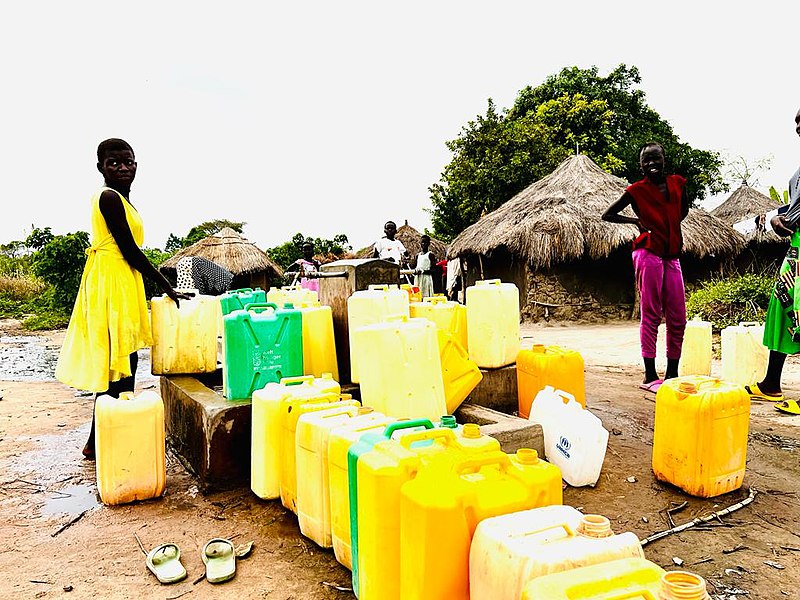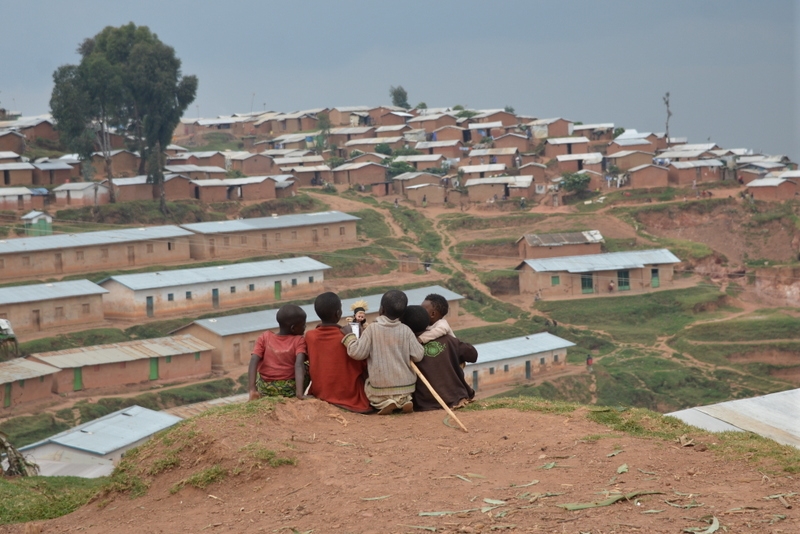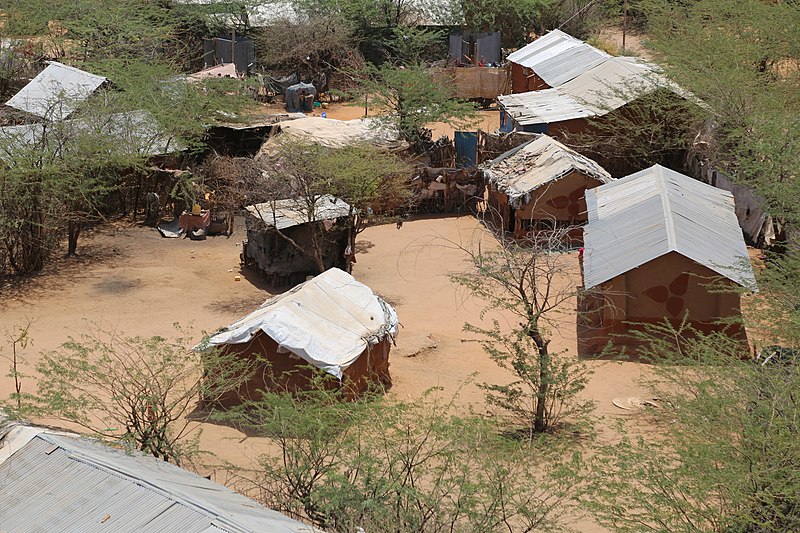The ACSRM will contribute to understanding and addressing the causes, drivers, and impacts of internal displacement. The ACSRM will deepen understanding of the vulnerabilities facing IDPs. It will strengthen knowledge about slow-onset disasters as drivers of displacement in fragile settings faced with climate change and environmental degradation. The ACSRM will contribute to data collection and analysis of patterns, trends, drivers, and impacts of internal displacement.
In the context of accelerating urbanization, significant numbers of urban displacement have been fueled by violence, instability, and conflicts. Terrorism, conflicts, and natural disasters are some of the many drivers of internal displacement. Conflicts, violence, natural disasters, and other challenges have resulted in millions of people living in internal displacement in Africa. IDPs and other urban dwellers are often vulnerable to poor living conditions, health risks, and precarious housing, increasing their exposure to disasters and displacement.
A strong international response is needed to address the challenges of internal displacement. The AU Kampala Convention for the Protection and Assistance of Internally Displaced Persons is the leading continental comprehensive instrument to address IDPs’ challenges in Africa. The Kampala Convention urges African States to strengthen their efforts to prevent internal displacement and to protect and assist IDPs. However, there remain challenges regarding implementing the Kampala Convention and other international instruments. African States should strengthen their efforts to enable humanitarian access to IDPs, foster livelihood and resilience activities, and find alternatives to encampment by promoting the integration of the IDPs into host communities.




